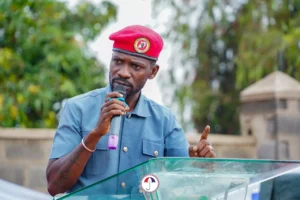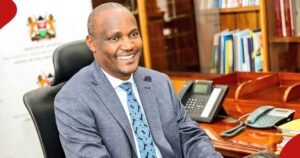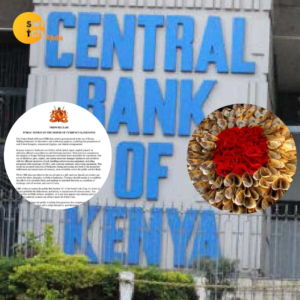Bola Tinubu has officially been sworn in as Nigeria’s new president today, marking the beginning of a new era in Nigerian politics.
The highly anticipated inauguration ceremony took place at the Eagle Square in Abuja, the nation’s capital, with thousands of citizens, dignitaries, and foreign delegates in attendance.
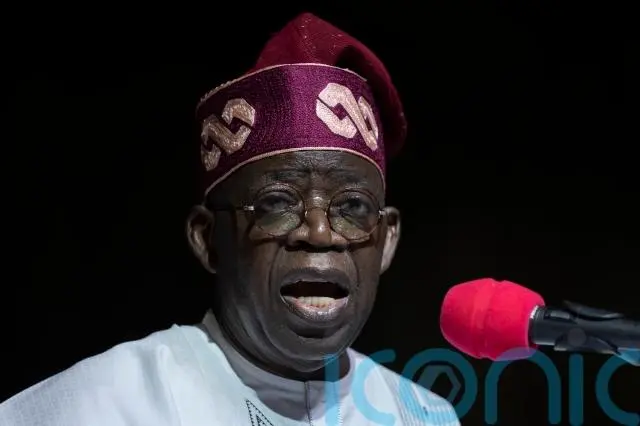
Bola Tinubu, 71, the former governor of Lagos, Nigeria’s economic center, took the oath of office as Nigeria’s president in Abuja, the capital city.
The inauguration ceremony witnessed the attendance of numerous Nigerians, along with several heads of governments.
Tinubu assumes the presidency from President Muhammadu Buhari, tasked with leading a country that is projected to become the world’s third most populous nation by 2050, joining the ranks of India, China, and the United States.
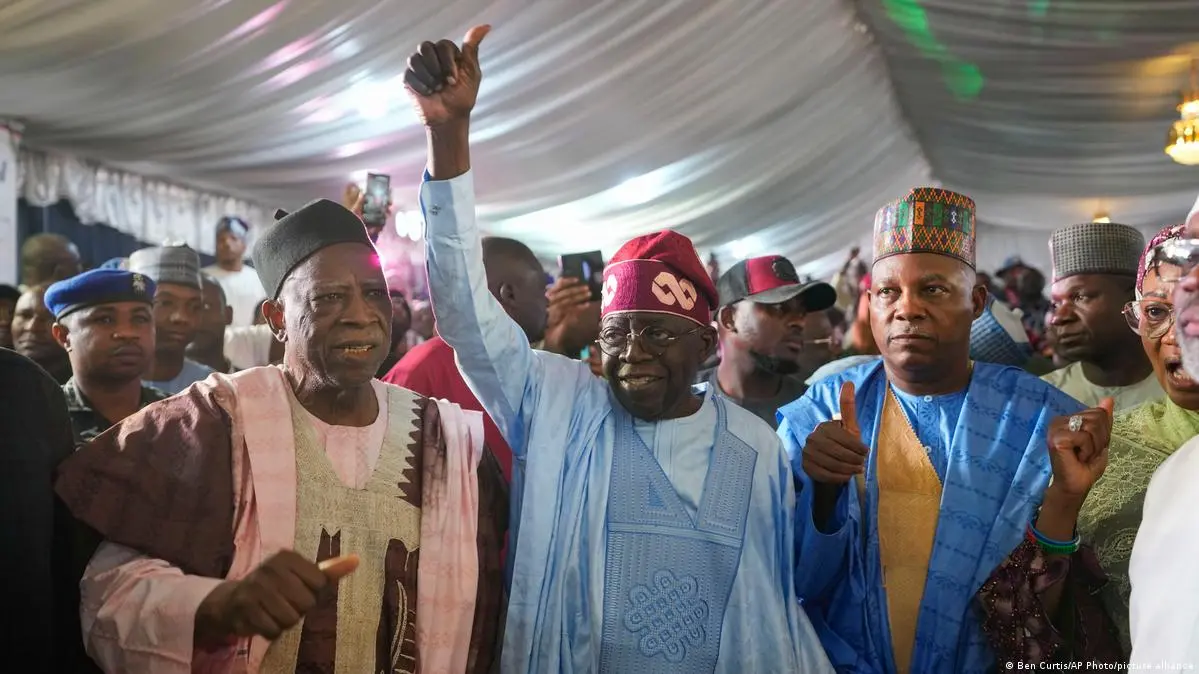
Bola Tinubu assumes the position of Nigeria’s 16th president, marking the realization of his lifelong aspiration to lead the country. However, he is confronted with immense challenges as he begins his tenure.
His inauguration represents the culmination of his longstanding ambition, but his focus now turns to addressing the formidable tasks ahead.
Subscribe to Switch TV for more content.
The new president faces the crucial mission of unifying a nation that is currently divided, reviving a struggling economy, and combatting the escalating issue of insecurity.
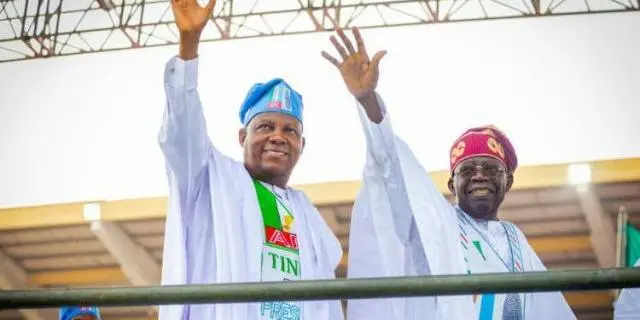
Bola Tinubu has pledged to continue building upon President Buhari’s initiatives aimed at delivering democratic dividends to the Nigerian citizens.
The country has been grappling with severe security crises, widespread poverty, and hunger, leading to frustration and anger among many.
Read Also: Gunman Abducts 25 Worshippers in Nigeria Church
Despite facing ongoing legal challenges to his election by opposition parties and a portion of the younger generation, Tinubu has committed to fostering national unity and reconciliation.

At the core of his “renewed hope” manifesto, Bola Tinubu places emphasis on several key priorities.
These include the generation of adequate employment opportunities, the strengthening of local manufacturing, substantial investments in agriculture and public infrastructure, the provision of economic prospects for the most marginalized and disadvantaged segments of society, and the establishment of an enhanced national security framework to address all forms of insecurity.





